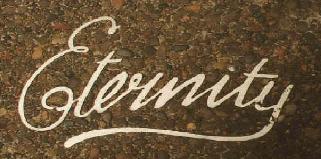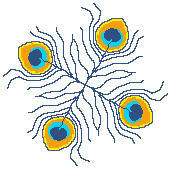dust and mirror
There is a gentle Buddhist on DearDiary.Net who bakes bread during the night and spends the day sleeping, eating, walking, reading, and writing. Like Rumi, he has the voice of a mystic poet and he seems to see beauty everywhere, every day. He hasn't been writing much of late and I haven't been checking much of late either but today I found a post with a similar theme to the one of this morning. How does one approach an enemy? Is hate a passion to be repressed? If not, then how can it be transformed to love? Indeed, is there a place and purpose in loving hatred? At least, honouring it as a primary human passion, as the dark side of love? Here is how Di2long2 dealt with this issue:
31 Jan 2005 - A Quote Tiny and Big
I heard a quote this morning that temporarily stunned me. The quote is from the Dalai Lama: "Mao Zedong was my greatest teacher."
My mind stumbled for a moment. The invader of a homeland, the oppression of a people, jailings, torture, monks and nuns murdered, temples and monasteries torched. The fury of the cultural revolution devastated all of China, stretching out into the Muslim deserts and Buddhist mountains. Many ethnic groups suffered. The suffering was everywhere.
The tendency is to localize an interpretation of evil, and of demons... but in the Vimalakirti Sutra, when the layman was confronted with demons, he did not raise some mighty, just sword, he did not struggle. He taught them the same thing he taught to everyone else: the dharma. They took the teachings back to their hell realms, and lessened the suffering.
How different this is. Startling. No combat: teach, and teach through living. Surely there is something to be learned from those who doubt us most, those who betray and hurt us. It can seem demonic. But they really are our greatest teachers. This expressway to compassion is definitely something to consider.
DearDiary.Net :: Di2long2
I left a comment as follows:
If a teacher is a catalyst of transformation that leads one towards one's true self and destiny, then anyone we feel passionate about can teach us something or draw us out. That passion can be love, but it can also be hate. Either fire will fuel the stove.

Ha! I have been Rumi-nating!
Steadfastly contemplating
Knocking all the gods of Islam
All those foolish dicks castrating.









